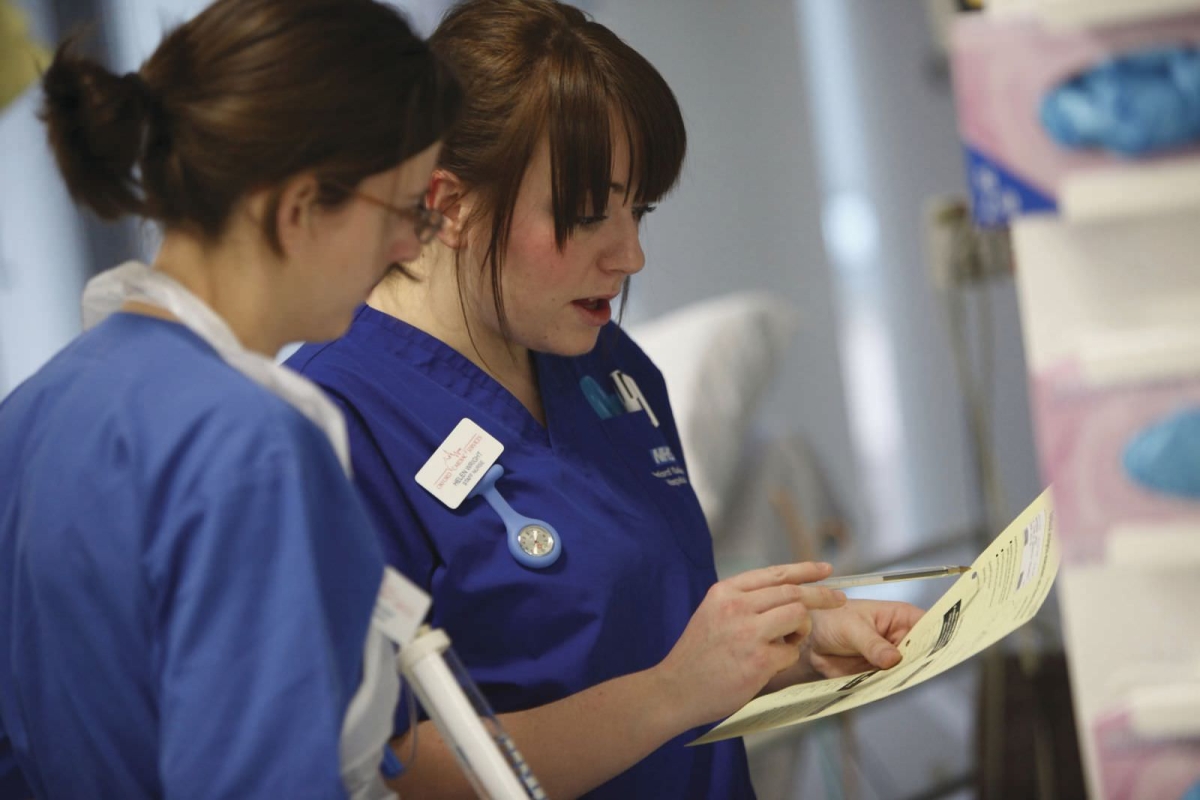
Every three years we put considerable resources into revising the multiple specialist standards for health and care organisations that are used in the accreditation process. Each service requires a different set of standards. For example, specialist and clinical services can range from ambulance services to radiotherapy and termination of pregnancy services.
In addition, there are support and rehabilitation services such as addiction treatment services and transport services. We concluded that it would be appropriate to develop common generic common standards which could be applied to any health and care organisation involved in our accreditation programmes. Using our experience and knowledge in developing quality standards we carried out an analysis of the CHKS standards. We were then able to identify common criteria covering: leadership and management; risk and safety; patient centred care; facilities and sites services and governance.
For example, in risk and safety we identified the following: risk management; health and safety; fire safety; waste management; clinical risk management and patient safety; management of medicine and pharmacy services as some of the common criteria.
We now have a structure which provides one set of comprehensive standards, together with the relevant additional clinical standards, enables the accreditation programme to be tailored to each organisation.
CHKS will be exhibiting a
poster at the ISQua annual conference held in London on the 1st- 4th October. Over 1,500 health care professionals from around the world will network and learn from each other in the hope of improving the quality and safety of health care in the UK and worldwide.
If you would like to find out more about the CHKS accreditation programme please email info@chks.co.uk.
Jackie Rayner, Standards Development Manager, CHKS.Every three years we put considerable resources into revising the multiple specialist standards for health and care organisations that are used in the accreditation process. Each service requires a different set of standards. For example, specialist and clinical services can range from ambulance services to radiotherapy and termination of pregnancy services.
 Every three years we put considerable resources into revising the multiple specialist standards for health and care organisations that are used in the accreditation process. Each service requires a different set of standards. For example, specialist and clinical services can range from ambulance services to radiotherapy and termination of pregnancy services.
Every three years we put considerable resources into revising the multiple specialist standards for health and care organisations that are used in the accreditation process. Each service requires a different set of standards. For example, specialist and clinical services can range from ambulance services to radiotherapy and termination of pregnancy services.